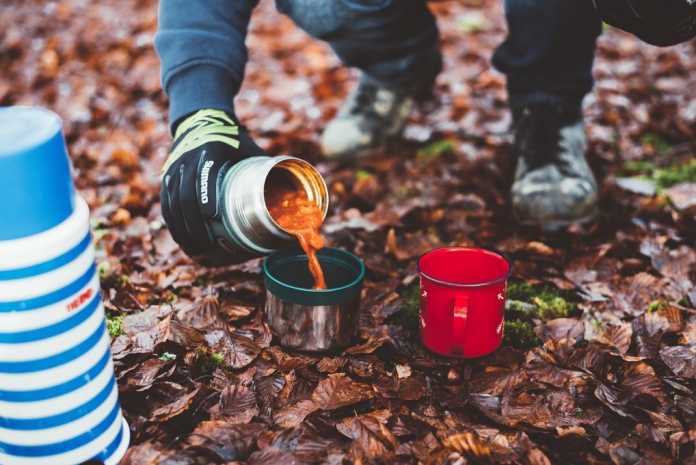
So you are hitting the trails and planning on taking some lunch or perhaps you are doing an overnight hike. It’s important to pack your food properly, both before you leave and when you’re on the trail.
Bacteria that can make you sick (e.g., salmonella) need certain conditions to survive. They grow well in foods that are moist and rich in protein (e.g., meat, poultry, dairy products) and between the temperatures of 4 to 60 °C (40 to 140 °F). In the right conditions, bacteria can multiply every 20 minutes. This can quickly make your food unsafe to eat.
To keep your food cool in the backcountry:
- pre-cook all perishable foods and plan to eat them first
- freeze food before you leave and try to pack it all together
- pack perishable foods in ice or with freezer packs
- store food in lakes or streams when you’re at your campsite (remember to use airtight plastic bags to keep the water out)
Other tips about food in the backcountry
- Always wash your hands or use hand sanitizer before handling any food.
- Do not handle or prepare food if you’re not feeling well.
- Bacteria don’t grow well on dry or acidic food. Bring dry foods (e.g., nuts, fruit) and packaged foods that can be rehydrated.
- Pack food in reusable containers that can be cleaned and used for repacking (this’ll help create less waste).
- If you have to mix ingredients, do it just before eating them.
- Take food that doesn’t need to be kept cool (remember that canned food is heavy and the cans will have to be carried back out).
- Ultra High Temperature (UHT) milk doesn’t need to be kept cold when it’s unopened (but it must be used right away or kept cold after it’s opened). You can also use powdered skim milk. Mix the powder with water you’ve already filtered and boiled. See Drinking Water in the Backcountry to learn how to make your water safe to drink.
- You can buy dehydrated meals in some stores. Plan to eat the whole meal right after you rehydrated it. Don’t keep any rehydrated food to eat later.
- Store food away from animals, in food storage lockers, on high platforms, or hung in a tree with rope or cable. Never bring food into tents or sleeping areas.
For more information on staying health while in the backcountry visit: https://myhealth.alberta.ca/Alberta/Pages/packing-food-backcountry.aspx









